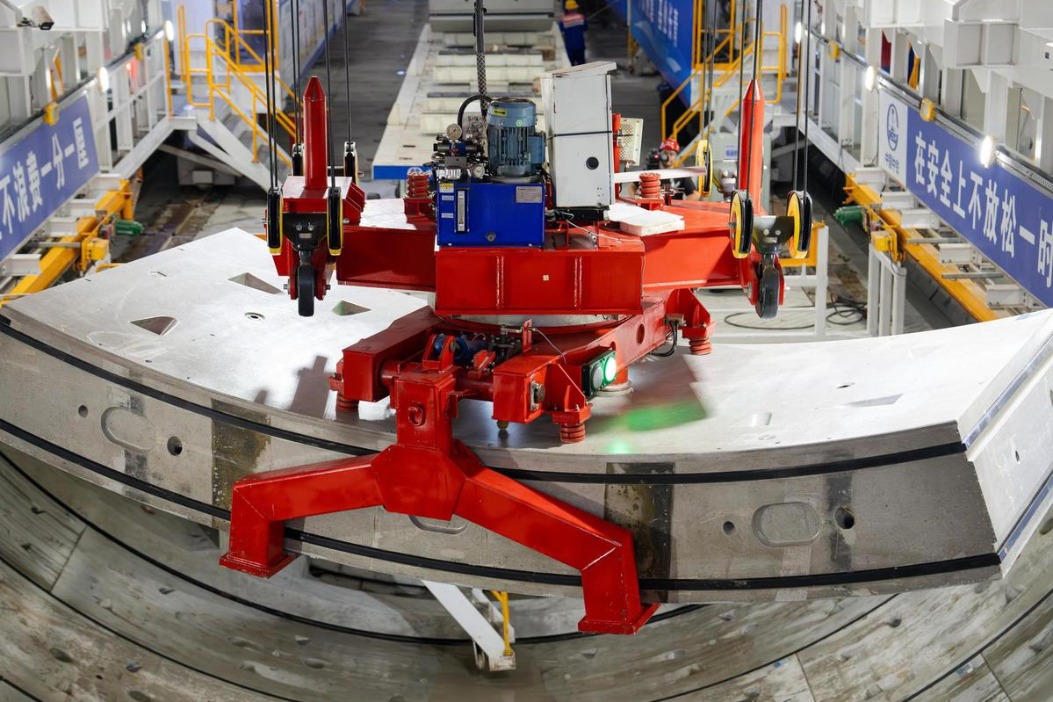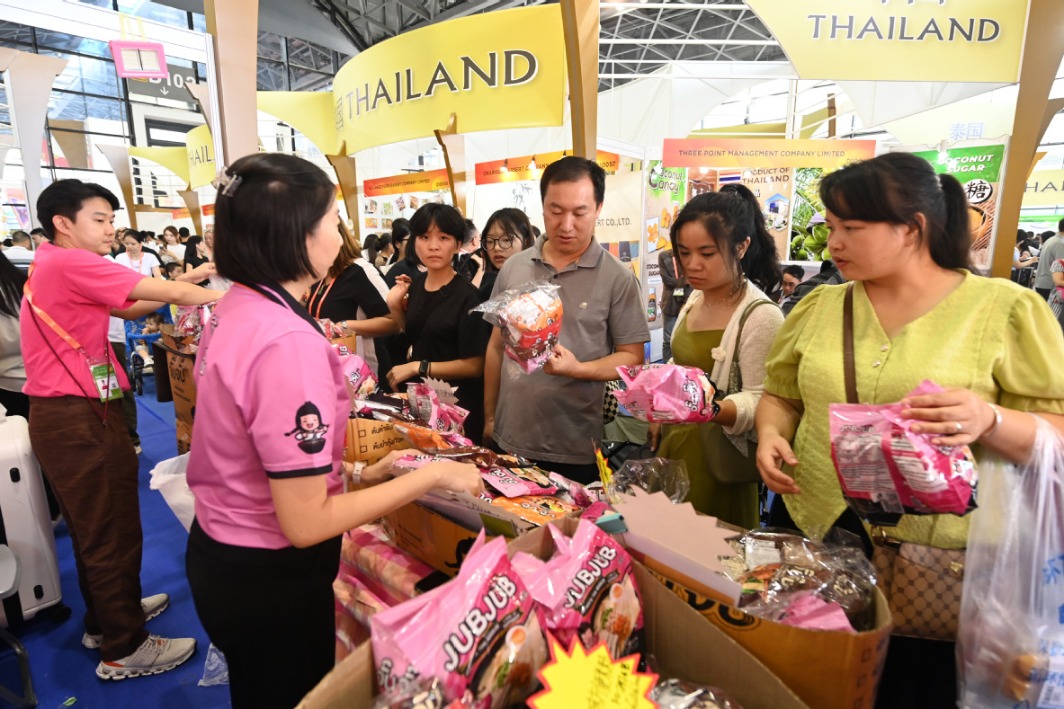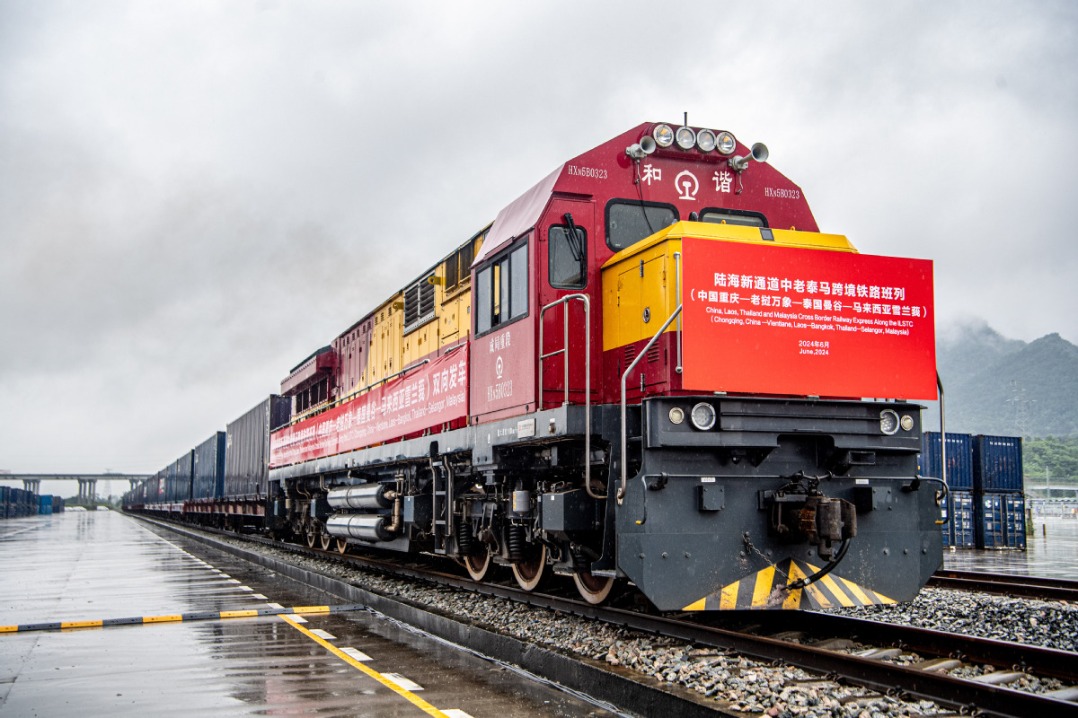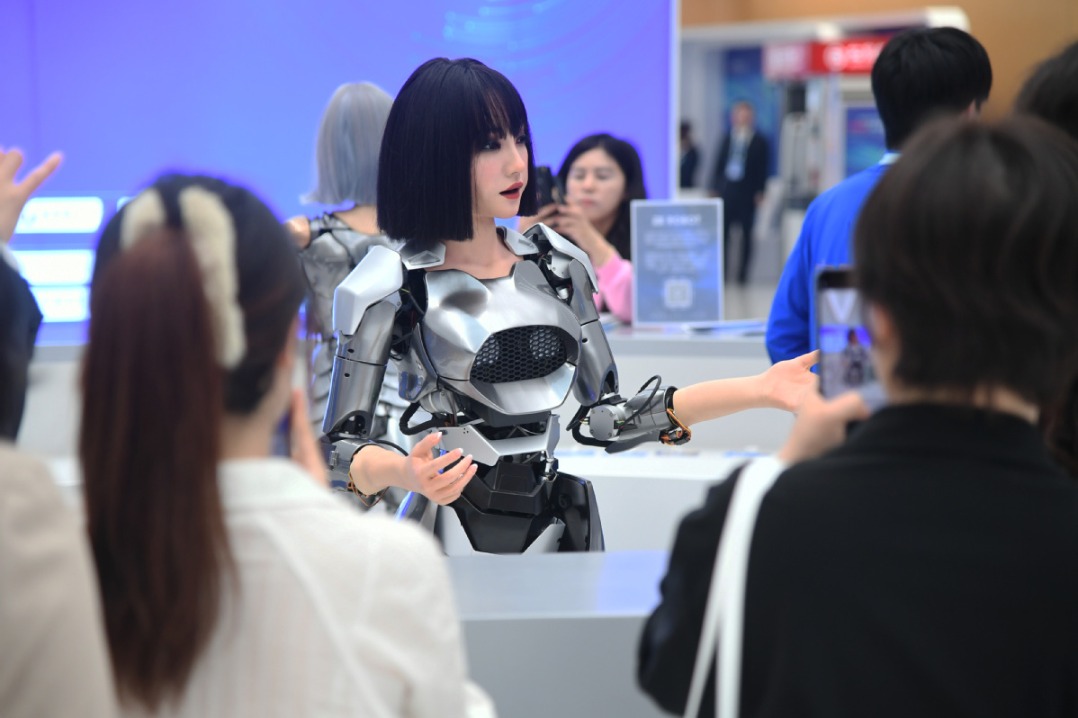China, US to push forward phase-one deal

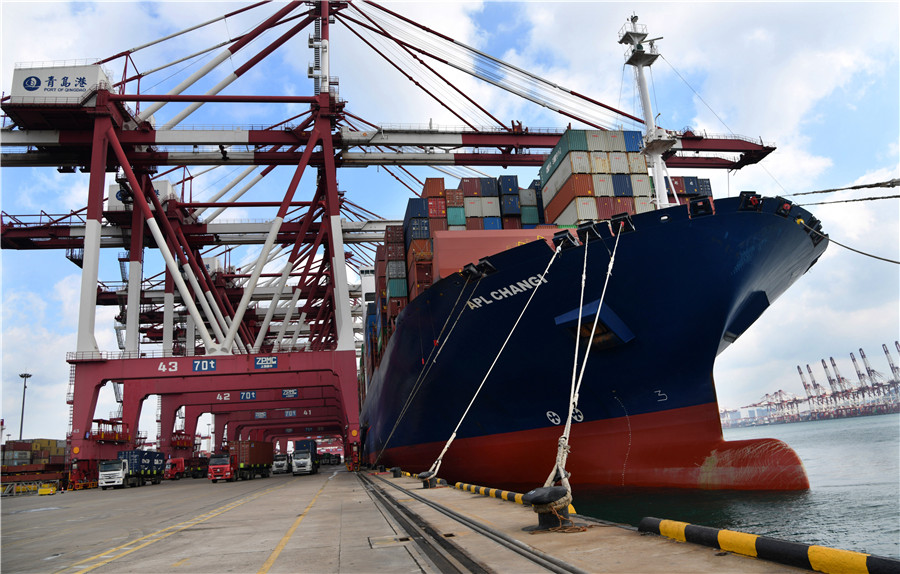
Phone talks come as world's two largest economies seek solution to trade conflict
Vice-Premier Liu He and senior US officials held talks by telephone on Tuesday, with both sides agreeing to continue pushing forward the implementation of the phase-one trade deal the two nations signed in January.
Experts and business leaders said the talks came as the world's two largest economies seek a solution to trade tensions amid the sluggish world economy and the globally spreading COVID-19 pandemic. In the next step, they said the two sides are likely to discuss specific issues in fields such as protection of intellectual property rights and financial trade and expect to see an improvement in economic and trade ties that benefits companies on both sides.
According to a statement released by the Ministry of Commerce on Tuesday, Liu had a phone call with US Trade Representative Robert Lighthizer and US Treasury Secretary Steven Mnuchin. This came after reports that planned high-level talks on implementing the phase-one trade deal had been postponed.
The two sides had constructive talks on cementing macroeconomic cooperation and agreed to strive to create favorable conditions for implementing the deal, the statement said.
In another statement released after the meeting, the Office of the United States Trade Representative said the parties addressed steps that China has taken to effect structural changes called for by the agreement that will ensure greater protection for intellectual property rights and issues regarding financial services, agriculture and technology transfer.
"The parties also discussed the significant increases in purchases of US products by China as well as future actions needed to implement the agreement," the office added. "Both sides see progress and are committed to taking the steps necessary to ensure the success of the agreement."
The phone conversation was held at a time of mounting uncertainties as new problems appeared from the coronavirus impact, such as rising protectionism, global economic downturn and shrinking international markets, said Pang Chaoran, a researcher at the Chinese Academy of International Trade and Economic Cooperation of the Ministry of Commerce.
According to Pang, the trade deal is in line with China's ongoing efforts to deepen reform and opening-up as well as its need to promote high-quality economic development.
"The fact that the two sides held the telephone conversation to promote exchanges and cooperation is not only good for their mutual benefit, but also of great significance to stabilizing the world economy and promoting the healthy and sustainable development of global trade," Pang said.
"As the coronavirus outbreak is gradually contained in China, domestic market demand will be gradually restored, and the pent-up consumer demand will be unleashed rapidly. By then, the demand for US products will increase in the China market, and there is large potential and space for sustainable and steady growth in China-US trade," he added.
"With China further deepening reform and opening-up, the institutional obstacles to economic and trade exchanges between the two sides will continue to be eliminated in the country, benefiting companies on both sides as well as in other countries."
Given the current environment between China and the US, "I think the phone talks may help pave the way for a stable China-US relationship," said Wang Peng, a researcher at the Center for Hong Kong, Macao, Taiwan and World Affairs of the Communication University of China.
"China is likely to implement the phase-one trade deal as promised, continuing to deepen reforms, opening up wider to the outside world, fostering a better business-friendly environment and attracting more foreign investment and trade partners."
However, Wang warned there's still great uncertainty on the US side as the presidential election approaches.
"A stable China-US economic and trade relationship will be mutually beneficial for companies from both sides and reduce risks brought by the trade frictions," said Zhong Baoshen, chairman of LONGi Green Energy Technology Co.
"Stable China-US relations and their cooperation in the industrial chain will also help bolster the world economic recovery," he said.




















